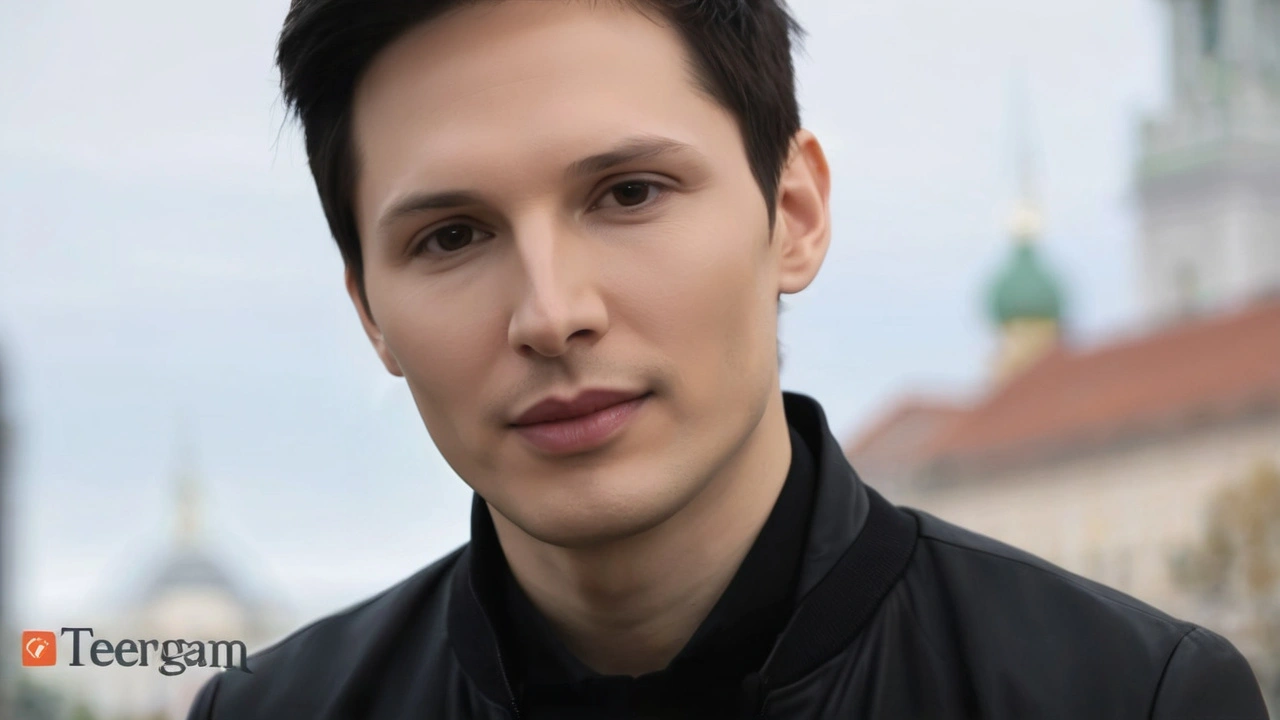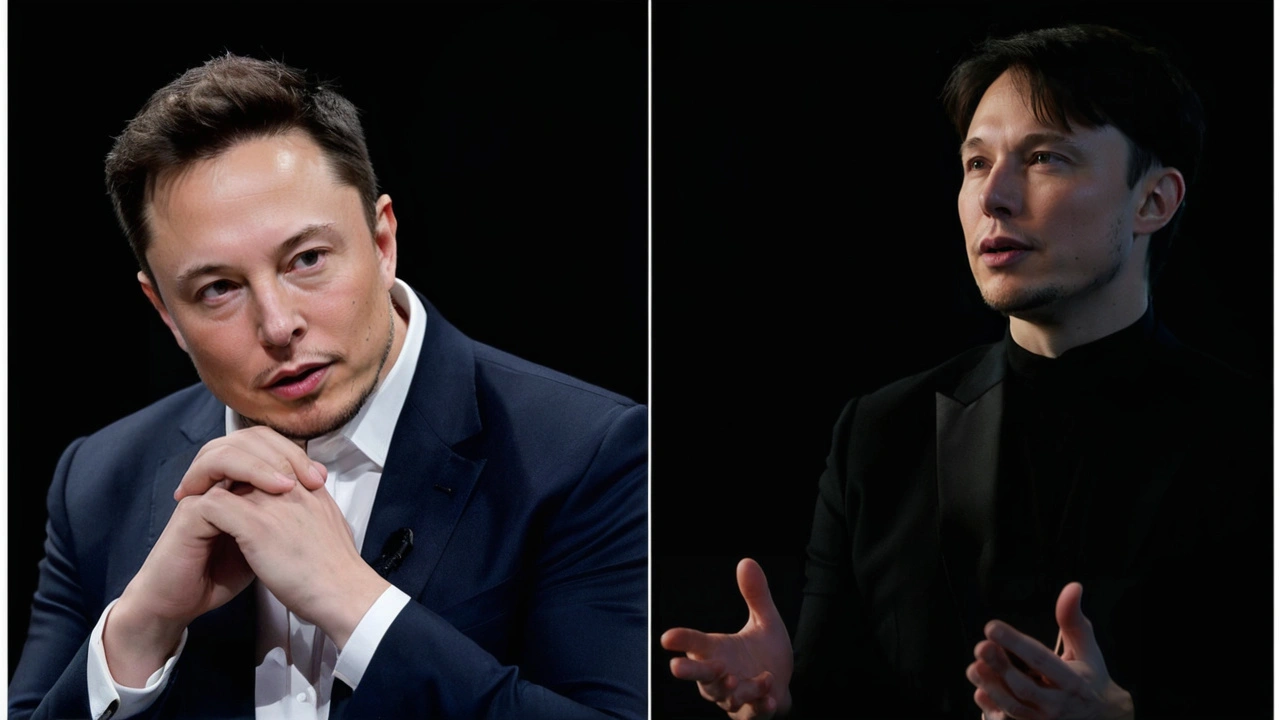Pavel Durov's Shocking Revelation
In a surprising and somewhat controversial revelation, Telegram CEO Pavel Durov announced that he has fathered 100 biological children. While it's not unusual for wealthy and influential individuals to have large families, Durov's claim has set a new benchmark, sparking curiosity and debate across the globe. This announcement has drawn attention to the evolving trends among prominent figures using surrogacy and other reproductive technologies to extend their families. The news has undeniably raised questions about motivation, ethics, and societal impact in contemporary society.
Elon Musk's Intriguing Comment
The conversation got even more interesting when Elon Musk, CEO of SpaceX and Tesla, weighed in on the matter. Musk drew a parallel between Durov and Genghis Khan, the 13th-century Mongol emperor famous for his numerous progeny. Historians estimate that Genghis Khan fathered hundreds, possibly even thousands of children, leaving a legacy that impacts human genetics to this day. Musk's remark wasn’t just an offhand comment; it served as a thought-provoking statement connecting historical precedents to modern practices.

Historical Progeny vs. Modern Reproductive Technologies
Genghis Khan's extensive progeny was a consequence of his power, influence, and military conquests. In contrast, modern giants like Durov have access to advanced reproductive technologies, making it easier to father numerous children without the limitations of traditional family structures. Surrogacy, sperm donation, and other related technologies have become progressively mainstream, especially amongst the wealthy. These methods have afforded individuals and couples opportunities to have children without the constraints of time, biological compatibility, or traditional relationships.
Ethical Concerns and Societal Implications
The concept of having many children through technological means raises several ethical issues. Firstly, there are concerns about the emotional and psychological well-being of children born into such arrangements. Growing up knowing that you have dozens of siblings all across the world could lead to identity issues and a sense of detachment. Furthermore, financial support doesn’t necessarily translate into emotional support or a nurturing upbringing.
On a broader scale, there are societal implications. Surrogacy and high-volume reproductive practices can sometimes lead to a perception that children are commodities rather than individuals. This can also result in socioeconomic disparities, where only the wealthiest can afford to engage in such practices.
Legacy and Influence
Musk’s comment on legacy and influence harkens back to the historical norm of powerful leaders and monarchs aiming to secure their lineage. In doing so, they could assure the continuation of their influence and ideas. However, the dynamics today are complex. Achieving a legacy through offspring is still a prevalent idea, but the ethical landscape has evolved.
Furthermore, there are questions about the motivations behind such actions. Is it a genuine desire to nurture and raise numerous children, or is it about exerting influence and showcasing power? The lines are blurred, and the intent behind these monumental family decisions is as crucial as the actions themselves.
The Role of Wealth
It's evident that immense wealth plays a pivotal role in these scenarios. For the average person, the idea of having dozens or even a hundred children is financially and logistically unfeasible. Wealthy individuals have resources at their disposal to navigate these complexities, hire nannies, and provide for extensive progeny without much personal sacrifice. This economic disparity adds another layer of ethical consideration – is it fair that wealth allows people to bypass natural limitations and societal norms?

Final Thoughts
Durov’s revelation and Musk’s subsequent historical reference have thrown open a broad spectrum of discussions. From ethics to societal impacts, the debate touches on numerous facets of modern life. While history provides examples like Genghis Khan, contemporary society requires us to ponder the implications more deeply. The intersection of wealth, technology, and human desire raises important questions for the present and future. What remains clear is that this conversation is far from over and will continue to evolve as we grapple with these complex issues in our modern context.







Write a comment